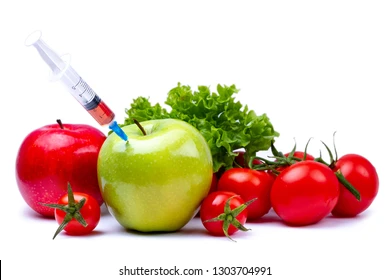FSII welcomes govt’s call to expediate the approval of Herbicide Tolerant Bt Cotton seed varieties
Given India’s target of $250 billion in textile production by 2030, FSII urges regulatory authorities to ensure a timely, science-based approval of this seed variety.
Giriraj Singh, Union Textiles Minister during his recent visit to Nagpur has indicated that a new variety of technologically advanced Bt cotton likely to be allowed soon for commercial cultivation to help Indian textile industry in a bigger way. He also stated that in order to overcome labour problem in this sector, efforts are on to utilise members of Self-Help Group (SHG) in a big way.
The seed industry welcomes the Union Textile Minister, Giriraj Singh’s emphasis on the timely approval of the Herbicide Tolerant Bt Cotton seed variety. This technology can address critical issues like weed management, enhance productivity, and improve farmers’ income. It holds immense potential to support the long-term aspirations of India’s textile industry, as the nation aims to establish itself as a global textile powerhouse.
Bt Cotton has already transformed India into a global leader, with production rising from 10 to nearly 40 million bales between the early 2000s and FY2014. However, stagnation since FY2015 due to pests, soil degradation, and climate variability signals an urgent need for innovation to revitalise the cotton industry.
Given India’s target of $250 billion in textile production by 2030, FSII urges regulatory authorities to ensure a timely, science-based approval of this seed variety. Effective public-private collaboration will be key to boosting yields and strengthening India’s cotton value chain.
Ajai Rana, Chairman FSII, CEO & MD of Savannah Seeds said, “We urge the regulatory authorities to facilitate a transparent, science-based, and expeditious approval process, in alignment with global standards. A proactive policy framework, with effective collaboration between government and private sectors, will play a pivotal role in ensuring sustainable growth of the cotton industry and safeguarding the interests of farmers and stakeholders across the value chain.”
Given India’s target of $250 billion in




